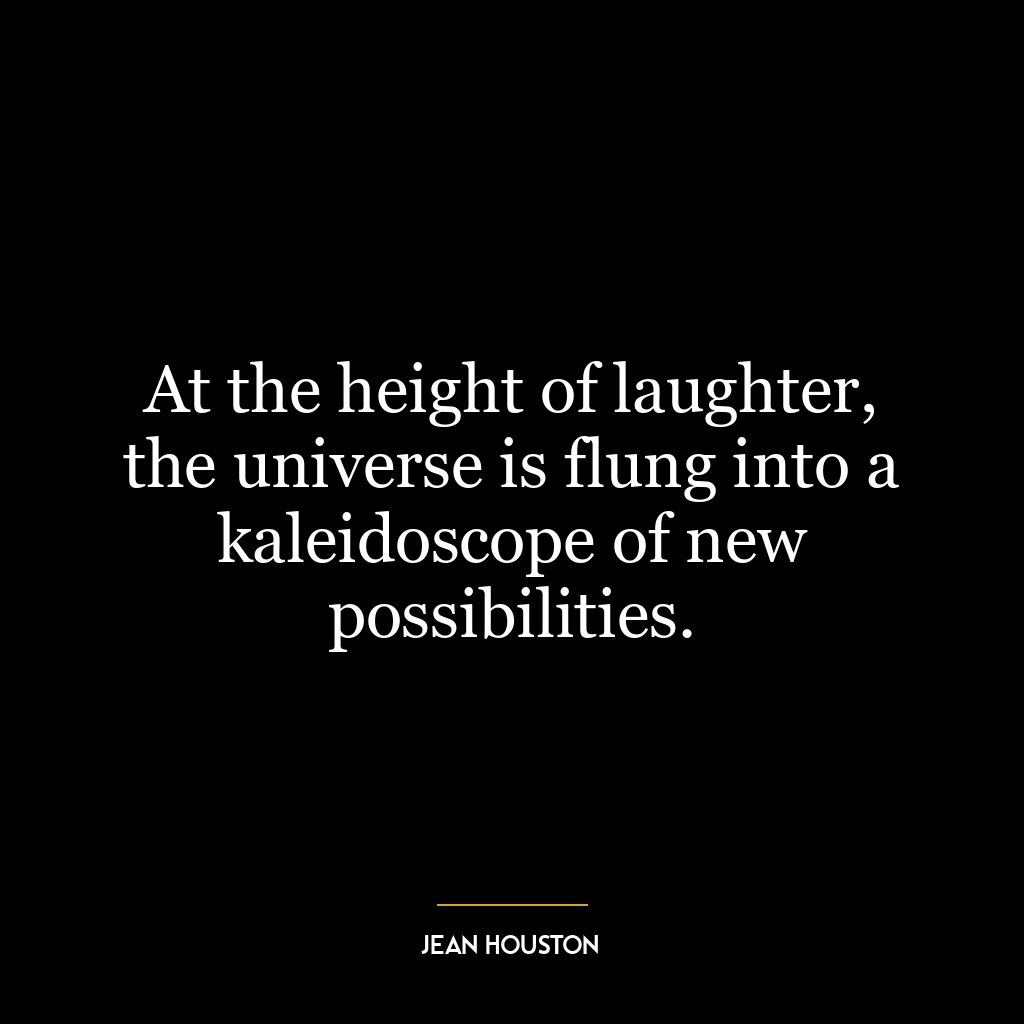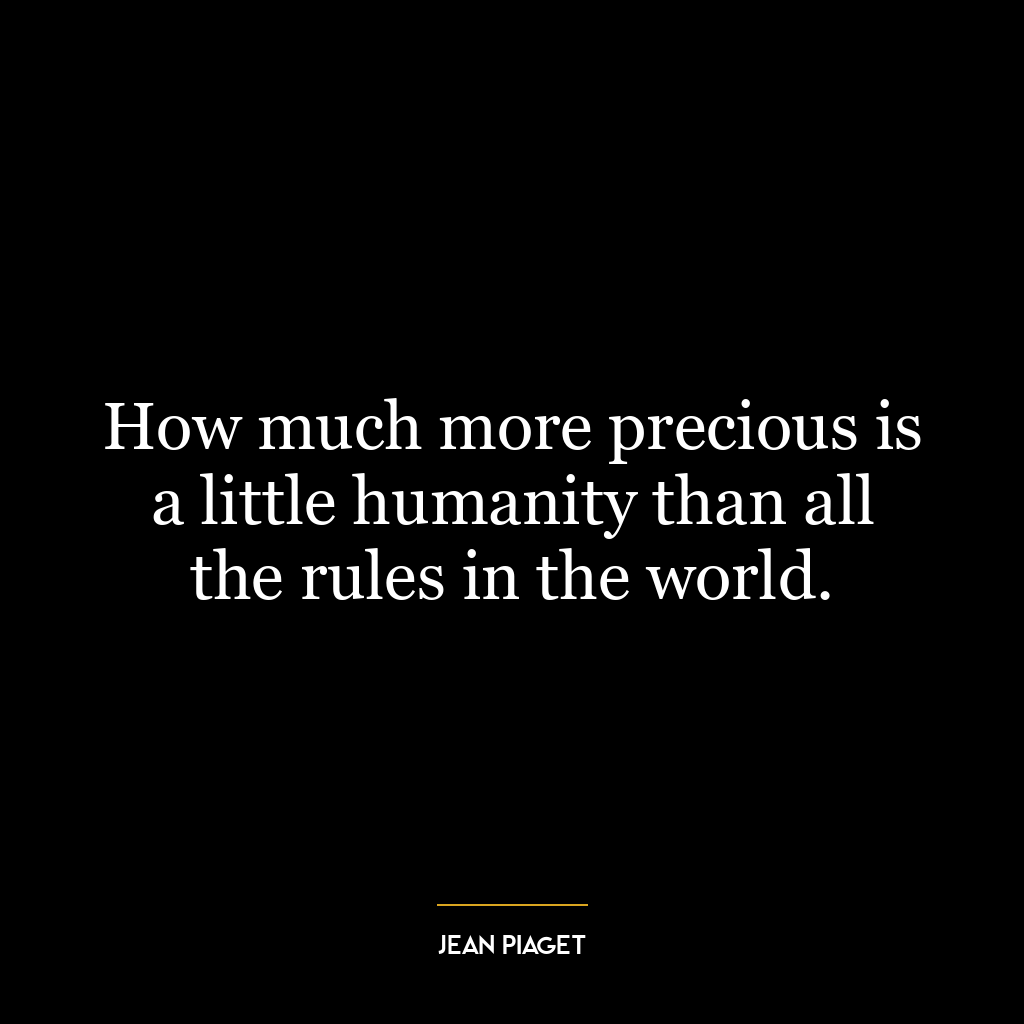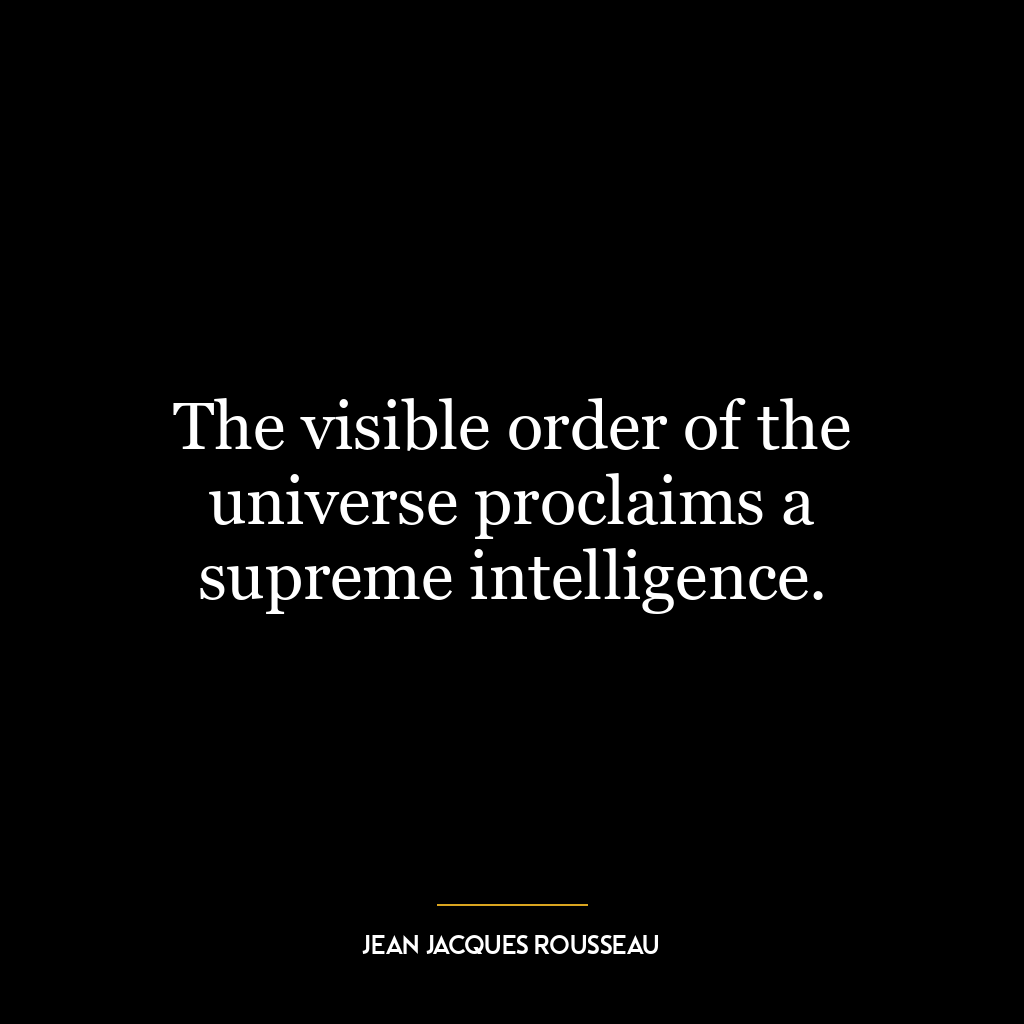The quote, “Without sin, the universe is a Solemn Game: and there is no good game without rules,” implies that the existence of sin or wrongdoing brings a certain level of seriousness to life. It’s likened to a game where rules are necessary for it to be engaging and meaningful.
In this context, ‘sin’ can be understood as any form of transgression against established norms or values. It’s not just about religious sins but also about ethical and moral wrongdoings in general. The presence of these violations adds gravity to our actions and decisions because they carry consequences.
The reference to ‘the universe being a solemn game’ suggests that life has an inherent value and purpose that becomes evident when we acknowledge the existence of right versus wrong (rules). Like in any good game, these rules don’t restrict us; instead, they provide structure, challenge us, help us grow, and make our choices matter.
Applying this perspective in today’s world or personal development could mean recognizing the importance of ethics or moral guidelines in shaping our actions. Just as how games lose their essence without rules, societies may descend into chaos without laws or norms. On an individual level, understanding right from wrong helps us navigate through life responsibly while contributing positively towards social harmony.
Moreover, acknowledging that life isn’t just about pursuing pleasure but also about overcoming challenges (breaking rules) can lead to personal growth. When we face consequences for our actions (sin), it pushes us towards introspection and self-improvement – similar to how losing in a game motivates us to refine our strategies.
In essence, this quote encourages embracing life with all its complexities – including acknowledging the significance of ‘sin’, respecting the ‘rules’, appreciating the solemnity they bring into our lives – all while participating actively in this grand ‘game’ called Life.








